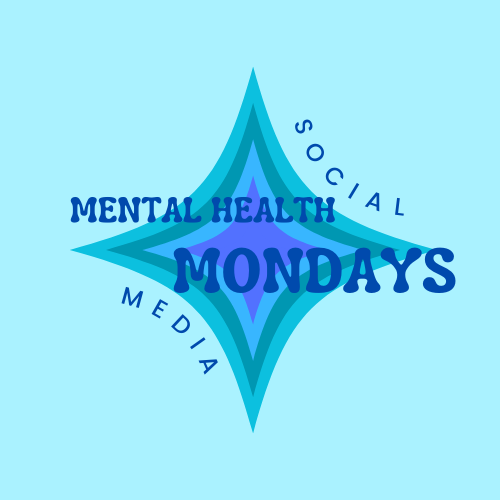The Internet: a vast network of information and entertainment ranging from medical journals to cat videos. You can make friends, learn new things, communicate with distant relatives, and of course, become wildly dependent on it.
Social networking sites provide most of the education and communication that the internet does but fire them in small, palatable bursts of images or clips ranging from 15 seconds to a few minutes long, making it much easier to become addicted.
One may be unaware of how much media they consume if it comes in easy-access packages that keep them wanting more.
According to Steven Zauderer of Cross River Therapy, “Around 70% of teens and young adults in the US have a social media addiction.”
While spending a couple of hours on social media per day may not seem harmful, a dependency can build. This can become a detrimental coping mechanism as you lose sleep, pull back from your relationships and forget about tasks.
“I had to delete TikTok because I had a very bad addiction,” Lauren Vick ‘24 said.
Vick plays for the varsity tennis team and engages in several academic clubs, including Rho Kappa Honor Society and National Honor Society. She described feelings of constant exhaustion and anxiety as a direct result of her time spent on social media.
“I ended up going to bed even later because I would have to compensate for the time I wasted,” Vick said.
Disordered eating behaviors are some of the most common effects of obsessive social media consumption, especially for teenage girls. Many begin by following their favorite influencers and subconsciously develop feelings of envy towards them, initially manifesting in insignificant manners, such as passive comments about just “how beautiful” their idol is and their desire to look like them.
Then, they may begin to descend the slippery slope of body dissatisfaction. After one begins to tell themselves that one body type is preferred, it can be hard to challenge that notion. If you constantly consume media promoting a body type, such as being thin, it can get especially worse.
“Body image was significantly more negative after viewing thin media images than after viewing images of… average size models… this effect was found to be stronger in women younger than 19 years of age,” Anne M. Morris and Debra K. Katzman said in the National Library of Medicine.
For boys, eating disorders are no distant concept either. They, too, can become enveloped in fantasies about a “dream body” and take drastic measures to reach that goal. However, it can manifest in a slightly different manner: athleticism.
“Male athletes are 16 times more likely to develop an eating disorder in comparison to average men,” Nick McDermott said in the New York Post.
Many public figures, consciously or not, promote a standard that may not be attainable for everyone. It’s important to remember that although those models may be beautiful, you have no idea what life is like for them behind the scenes. Many undergo expensive surgeries and rigorous dieting that leave their quality of life damaged. We’ll go deeper into combating these insecurities in a later article.
In moderation, however, social media consumption could be beneficial. It provides a well-rounded platform to communicate with friends and family. I reconnect with a lot of long-distance friends via Instagram or messaging apps. It’s a great way to stay in the loop and keep a relationship alive.
If you’re struggling with limiting time on your phone, remember that you are not alone.
Everyone is vulnerable to one thing or another, and if social media is your vice, that’s okay. The first step in managing your time is recognizing you may spend too much time on your devices. Anything above a couple of hours a day on social media may be excessive.
Next, find a hobby or physical activity you could try. I cannot emphasize enough how important exercise is–it gives a higher oxytocin release, the feel-good/love hormone, than swiping through your phone, and it can get your heart pumping. Walking your dog, riding your bike and working out are excellent ways to get your mind in the right place.
According to The Mayo Clinic, regular exercise helps regulate feelings of anxiety or depression through healthy distraction and releasing “natural chemicals that can enhance your sense of well-being.”
You could also try physically removing your devices from your space. Whenever I have to study, I put my phone in another room or make sure it’s out of reach. This strategy simplifies the process and concentrates your attention on your work.
Balance has been one of the most crucial philosophies in my life, and that applies here as well. Remember to keep things in moderation and limit your distractions when available.






![Lesbian Visibility Day is April 26, and it’s a holiday to celebrate the lesbian community of the world. Lesbian Visibility day was established in 2008 by many queer activists and organizations who sought to raise more awareness for lesbian history and culture. “So this is why during Lesbian Visibility [Day] we celebrate and center all lesbians, both cis and trans, while also showing solidarity with all LGBTQ+ women and nonbinary people,” Linda Reily, in an article written by her, said.](https://rockmediaonline.org/wp-content/uploads/2025/04/Lesbian-Visibility-day.jpeg)

